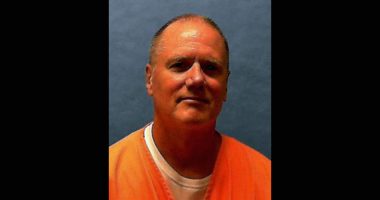A wide-ranging pre-trial hearing got under way on Wednesday in the case of a criminology graduate student accused of stabbing to death four University of Idaho students in 2022, with both sides in the case presenting their arguments for and against the inclusion of certain evidence when the trial begins this summer.
Bryan Kohberger, 30, is accused of killing Xana Kernodle, Ethan Chapin, Madison Mogen, and Kaylee Goncalves on November 13, 2022. He was arrested six weeks later at his parents’ home in Pennsylvania, where he had gone for the winter holidays.
Read CrimeOnline’s previous reporting on the University of Idaho murders.
Judge Steven Hippler, overseeing the case in Ada County after the trial was moved from Latah County last year, has already issued some rulings, barring use of the words “sociopath” and “psychopath” to describe the defendant in court, but he declined the defense motion to exclude the word “murderer,” NBC News reported.
“These murders, whoever committed them, were brutal and horrific,” Hippler said. “And I suspect the evidence will reflect that.”
Hippler agreed with prosecutors to allow use of body camera footage from an Indiana state trooper who pulled Kohberger and his father over as they drove through the state on their way to Pennsylvania, although he did say that some parts of the video should be redacted, according to the Idaho Statesman. Prosecutors intend to use it to help identify Kohberger and his vehicle as part of their case.
The judge also disagreed with defense attorneys who had argued that the traffic stop could cause jurors to infer that Kohberger may have committed the murders.
“I think there is zero danger that the jury will conclude that because he didn’t wear a seat belt or speed, that he therefore has a propensity to commit murder,” Hippler said. “I just can’t imagine any reasonable person coming to such a conclusion.”
Defense attorneys are also seeking to exclude the death penalty as a possible punishment if Kohberger is found guilty, and in this week’s hearing, they’re arguing that his recent diagnosis with autism spectrum disorder should make him ineligible for execution.
“Due to his ASD, Mr. Kohberger simply cannot comport himself in a manner that aligns with societal expectations of normalcy,” the defense said. “This creates an unconscionable risk that he will be executed because of his disability rather than his culpability,” NBC said.
In their filing, prosecutors noted that Kohberger had been diagnosed with the least severe form of the disorder “without accompanying intellectual or language impairment,” and that he has failed to show his diagnosis “would in any way make him less culpable for murder.”
Hippler has not yet addressed this particular issue, but the prosecution said that it wouldn’t use the diagnosis as an “aggravator” to argue in favor of the death penalty.
“We have much better evidence,” prosecutor Jeff Nye said.
Kohberger’s trial is expected to begin in August. This evidentiary hearing will likely continue on Thursday.









